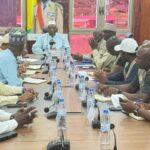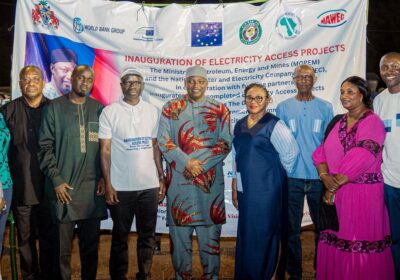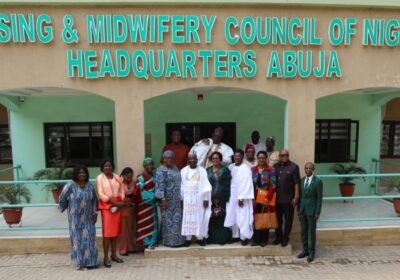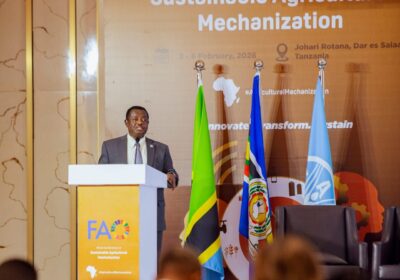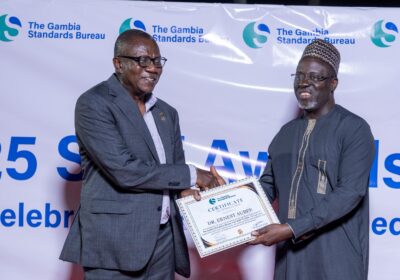ESEF 2025: Stakeholders Commit to a Strong Resolution Towards Accelerating Energy Infrastructure in West Africa.
By Raymond Enoch
The 10th edition of the ECOWAS Sustainable Energy Forum (ESEF 2025) came to a close on September 19th in Banjul, The Gambia, with regional and international stakeholders reaching a unified resolution to accelerate the development of energy infrastructure across West Africa. The two-day high-level event also served as a symbolic celebration of ECOWAS’ 50th anniversary and the 15th anniversary of the ECOWAS Centre for Renewable Energy and Energy Efficiency (ECREEE), both of which have played pivotal roles in the region’s energy integration and policy evolution.
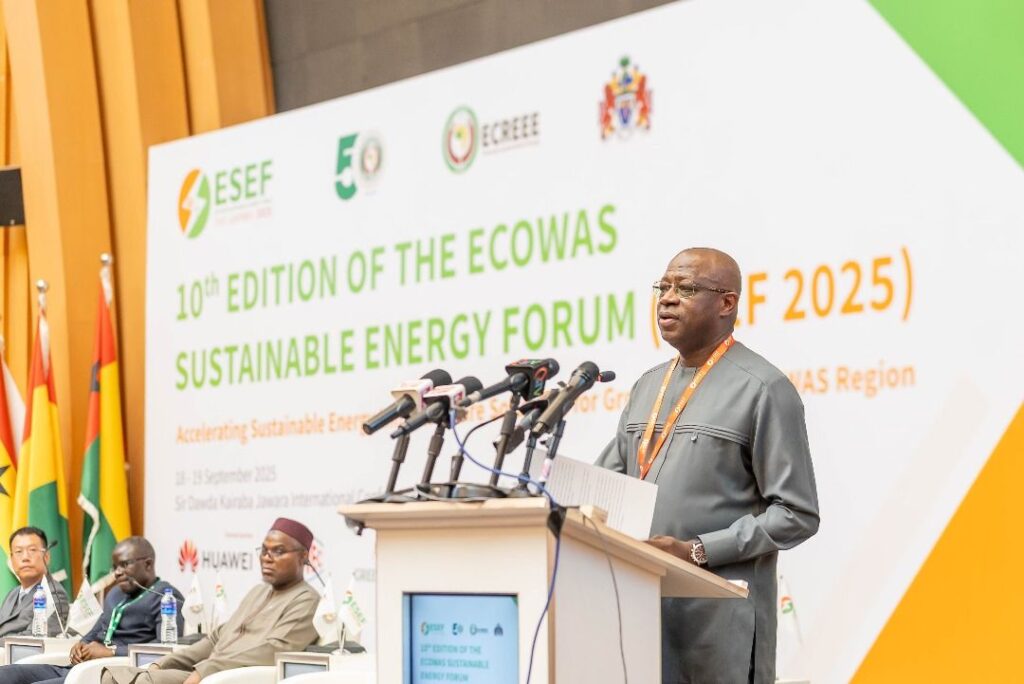
Ministers, development partners, industry leaders, civil society actors, and technical experts from across the ECOWAS region and beyond gathered to discuss practical pathways to expand access to modern, reliable, and sustainable energy. At the heart of discussions was a renewed commitment to deepening regional energy cooperation, particularly through the expansion of the West African Regional Electricity Market—a cornerstone initiative aimed at enabling seamless electricity trade among member states and ensuring long-term energy security.
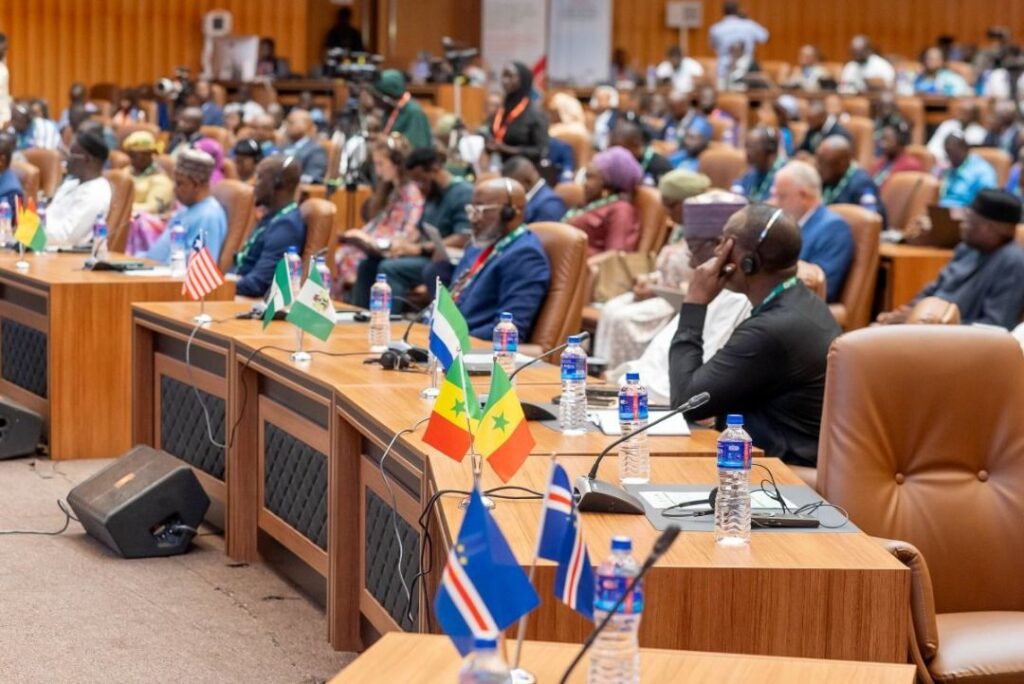
Delegates emphasized the urgent need to mobilize investment, harmonize regulatory frameworks, and fast-track infrastructure projects to strengthen grid connectivity and reduce energy poverty. The forum also provided a platform for dialogue on the energy sector’s intersections with agriculture, water, transportation, and public health, all of which are deeply affected by West Africa’s ongoing energy challenges. Participants called for a stronger embrace of integrated approaches, particularly through the water-energy-agriculture nexus and innovations in clean mobility.
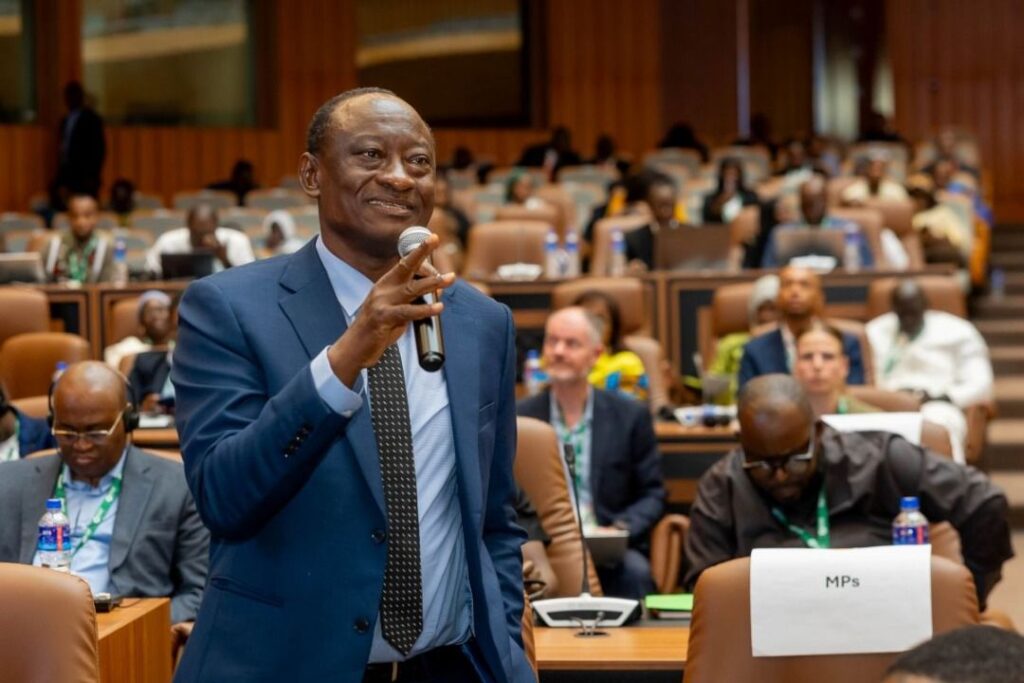
One of the emerging themes of ESEF 2025 was the critical need to improve access to clean cooking solutions. Despite years of advocacy, over 70 percent of households in West Africa still rely on traditional biomass fuels, with harmful implications for health, the environment, and gender equality. Panelists stressed that clean cooking must become a central pillar in national energy policies and be supported by targeted funding, community education, and gender-responsive solutions.
A notable highlight of the forum was the in-depth discussion on green hydrogen, which was unanimously recognized as a transformative opportunity for the region. With West Africa’s vast renewable energy potential—particularly solar and wind—the region is well-positioned to become a global player in green hydrogen production. However, speakers underscored that significant groundwork remains, including the development of pilot projects, cross-border cooperation strategies, and the establishment of clear financing and investment frameworks.
The event concluded with an awards ceremony honoring individuals, organizations, and enterprises that have demonstrated excellence in innovation, sustainability, and leadership within the energy sector. From youth-led energy startups to initiatives focused on gender inclusion, the awards reflected the diverse ecosystem driving change across the region.
In their closing remarks, the Executive Director of ECREEE and senior Gambian government officials praised the shared sense of purpose and ambition displayed at the forum. They described clean energy as not just an environmental imperative, but a pathway to economic growth, regional stability, and long-term prosperity.
“Clean energy is no longer a luxury—it is the foundation of our future,” the ECREEE Executive Director stated. “The commitments made here in Banjul must now translate into action. Our people, our economies, and our planet cannot wait.”
As delegates return to their respective countries, attention now turns to implementation. The resolutions from ESEF 2025 are expected to be integrated into national energy strategies, regional investment blueprints, and donor-supported action plans. With less than five years remaining to meet key global energy targets, the momentum generated in Banjul may serve as a pivotal moment in West Africa’s journey towards energy sovereignty and sustainable development.
The ECOWAS Sustainable Energy Forum continues to grow in relevance and impact, serving as the region’s premier platform for dialogue, partnership, and accountability. As West Africa celebrates five decades of regional cooperation, ESEF 2025 stands as a testament to what is possible when vision meets resolve.



